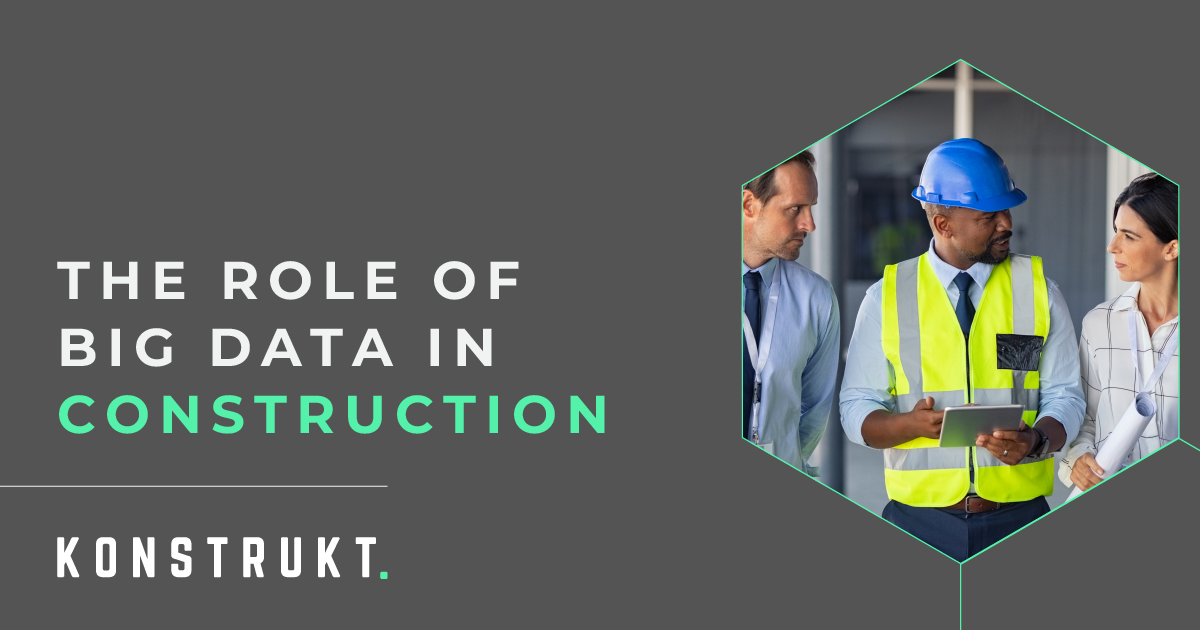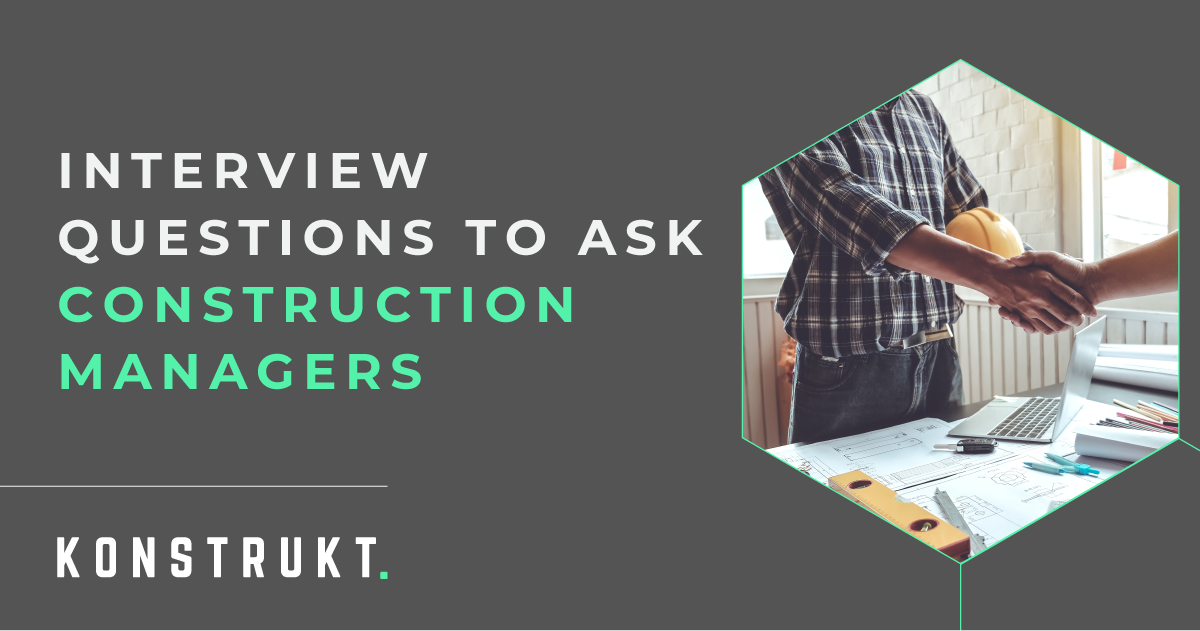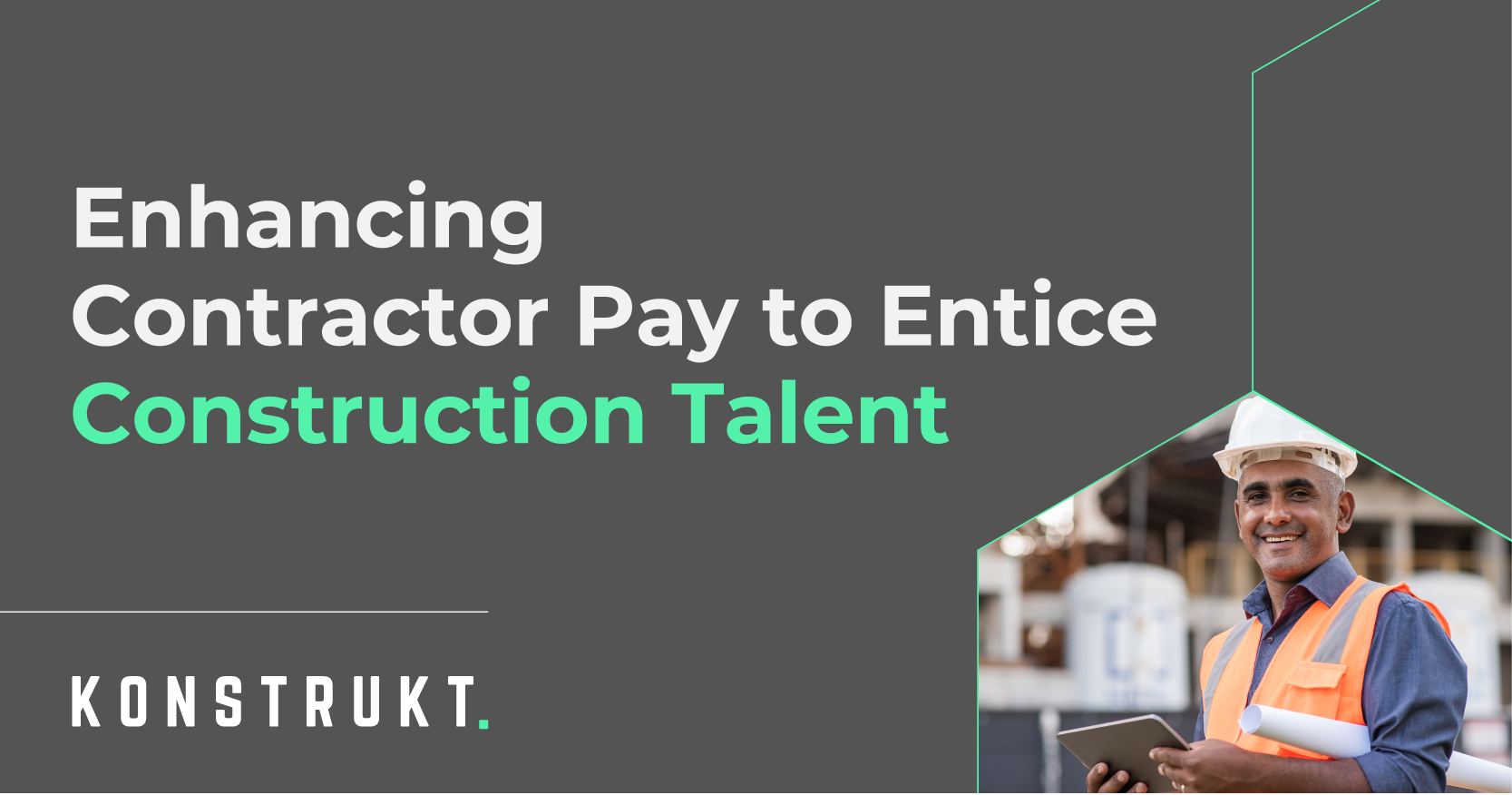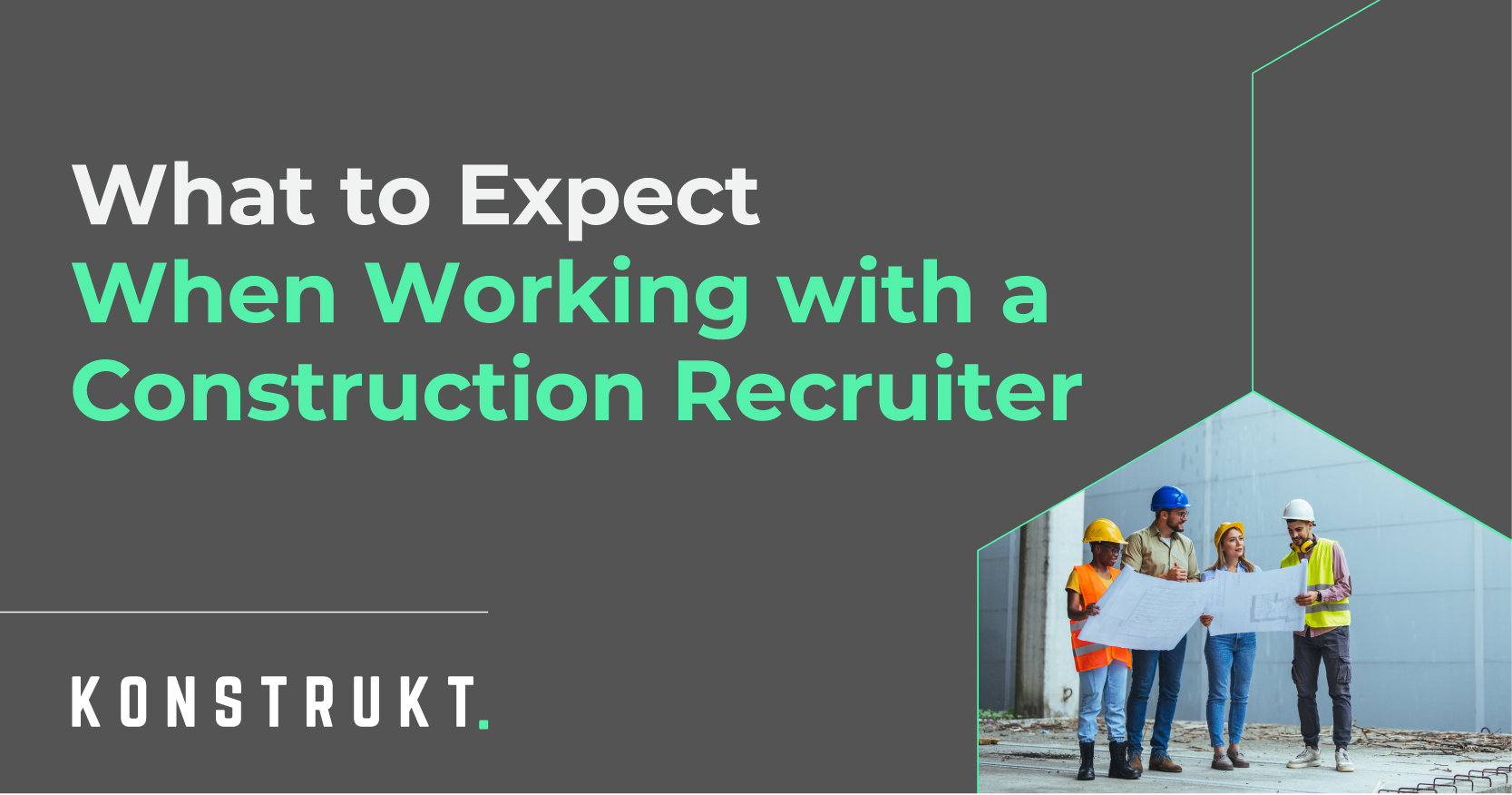In an era where data drives innovation and efficiency across industries, the construction sector is embracing the power of Big Data to transform its operations.
This isn’t just about crunching numbers for the sake of it. It’s about properly collecting, storing and mining data points and using them to draw out insights that can optimise processes, enhance project outcomes and foster innovation.
We explore how Big Data is shaping the construction industry, providing real-world examples of its applications and highlighting the benefits it brings to the table, including its effect on construction recruitment services.
A Digital Evolution in Construction
According to a recent study by NewVantage, 97% of businesses across a range of industries are investing in Big Data initiatives and 91% are investing in Artificial Intelligence (AI). Additionally, 91.7% of organisations report that their investment in Data and AI initiatives is increasing.
Construction usually considered a traditional field, is now quickly creating and using data in new and innovative ways. Technologies such as computer-aided drawing (CAD) and building information modelling (BIM) are pushing the industry into new frontiers, providing chances to transform how we build and maintain infrastructure.
Despite more data being generated at a fast pace, the adoption of the technology needed to make the most of it has been slower. This is due to several factors including risk aversion, perceived lack of a clear ROI, skills gaps and a traditional mindset established in the industry.
However, the construction industry is increasingly recognising the transformative potential of technology and data. As success stories become more prevalent and technology becomes more user-friendly, the adoption rate is growing. The benefits of expanding efficiency, reduced costs and improved project outcomes will continue to motivate the industry that is embracing new ways of working.
Benefits of Using Big Data in Construction
- Collaboration: Big Data creates a more streamlined approach allowing all team members to collectively share and understand information. Not only is this more efficient and organised, it also fosters a more inclusive and cohesive construction process.
- Time savings: Using Big Data tools like predictions and real-time tracking saves time by helping identify problems before they become too difficult, and by keeping the project moving. This also helps managers use resources wisely and get the job done quicker.
- Early issue detection: Big Data can catch problems early on, like potential issues with the structure or other challenges. This helps prevent costly delays and fixes, ensuring the project stays on track.
- Worker safety: Big Data keeps workers safe. It uses data to identify when there might be risks, avoid hazardous environmental conditions and monitor the maintenance and repair of vital safety equipment for construction site health and safety.
- Waste Reduction: Big Data helps stop waste by making sure materials are used efficiently. It predicts how much is needed based on previous projects and modelling, which cuts down on unnecessary construction waste. It also allows your planners to find energy-efficient options whenever you can.
How Construction Companies Leverage Big Data
Big data is the new ‘crypto currency’ in the construction world. Here are some practical applications that highlight how it is transforming the way construction projects are planned, executed and completed.
Quoting and bidding
Creating accurate project quotes and bids is crucial in construction. Big Data lets your company study information from past projects, material costs and bids from other companies. By using this historical data, your construction firm can learn about project size, what resources are needed and identify possible challenges and risks.
This helps you give precise estimates that lower the chance of going over budget or delaying the project. Additionally, a complete system can handle routine paperwork, like requisition forms and contractual agreements, which saves you time and resources during the bidding process. This method, driven by data, ensures you begin projects with a clear idea of what’s needed, boosting your competitiveness and success in the market.
Building design and modeling
During the design phase, Big Data analytics and technology play a crucial role. Architects and Engineers are using data-based tools, such as building information modelling (BIM) and artificial intelligence (AI) to craft detailed digital models of their data centre construction projects, among others.
By inputting environmental and historical data into these models, construction experts can foresee potential design problems before you start building. This careful approach makes designing more accurate and efficient, leading to buildings that are safe, eco-friendly and cost-effective.
What’s more, these data-driven tools help your team members collaborate in real time to keep everyone informed about design changes quickly. This blend of data-based design tools empowers your construction company to create smart and innovative structures that fulfil the changing needs of the industry.
Construction site health and safety
Safety is crucial in construction, and Big Data makes a powerful impact in protecting your workers. New technology, such as smart wearables and safety management software, uses Big Data to gather information about workers’ health and how they’re doing. They also find safety risks and warn your workers if something’s wrong.
For example, wearable devices can monitor data points such as heart rate and body temperature. This tracking ensures employees are working in safe environments and can reduce exposure to harmful levels of noise or chemicals, for instance. This smart way of using data doesn’t just keep workers safe, it also helps managers prevent problems on future projects and improve safety procedures and protocols.
Materials tracking
Efficient materials management is critical to keeping construction projects on schedule and on budget. Big Data helps you keep better track of their resources and materials, providing accurate information about where products come from and how much they cost.
Specifically, Big Data automates purchase orders, anticipates delivery schedules and forecasts supply needs.
Building Your Big Data Capability
Big Data is revolutionising the construction industry in productive, positive ways, offering new avenues for efficiency, safety and sustainability.
Dedicated to construction recruitment services, we understand the transformative power of Big Data in the industry. We’re your expert and go-to source for technical construction talent, and we specialise in roles for pharmaceutical installations, battery tech facilities and data centre construction across Europe.
Are you ready to embrace the future of construction? Contact us today to learn more about how Konstrukt will help you navigate the evolving landscape of the construction industry. Our friendly, knowledgeable team is here to assist you every step of the way.



